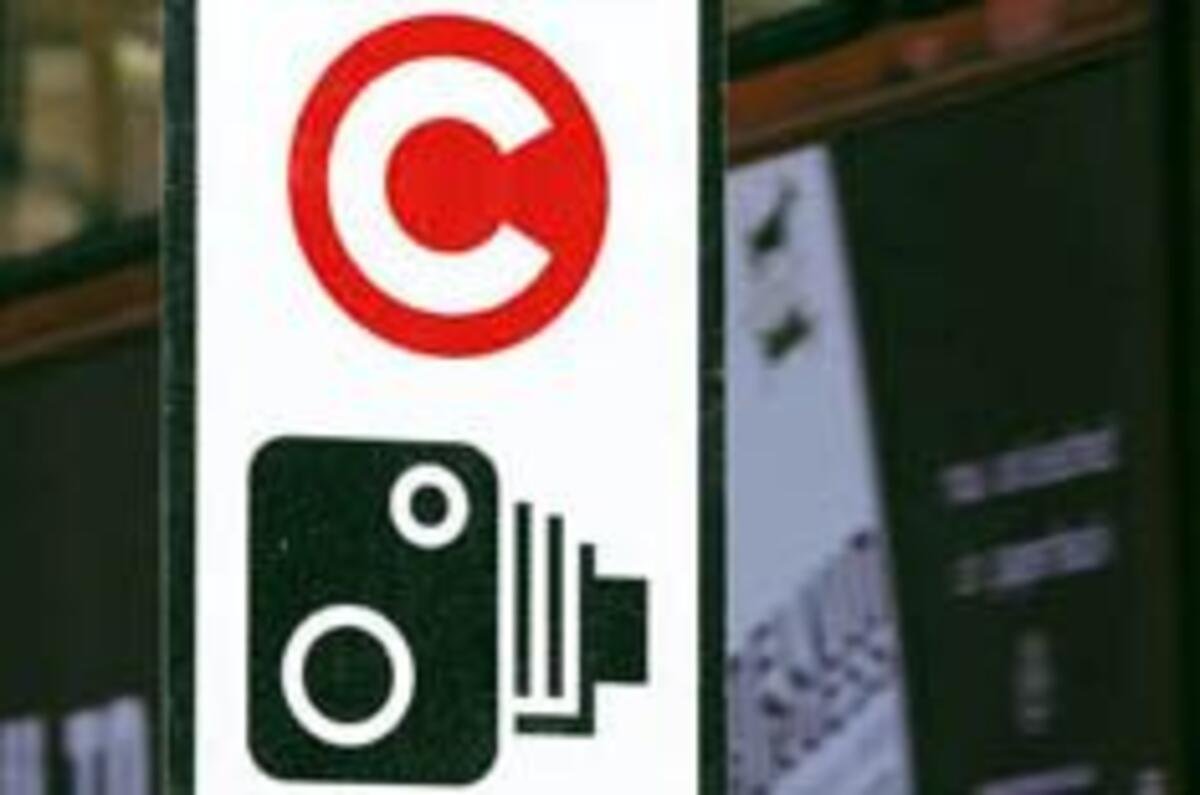City-centre congestion charges based on CO2 tailpipe emissions moved a step closer after London’s transport body appointed consultants to prepare the way for a £25 charge for the most-polluting cars.The consultants will devise a system that will allow Transport for London (TfL) to replace the standard £8 a day charge for driving into London with a graded system based on CO2 bands. They will also measure its environmental impact.The system is likely to be adopted as standard practice by other councils such as Manchester, Birmingham and Edinburgh, encouraged by central government, which will introduce congestion charges in the coming years.TfL hasn’t named the consultants, but sources have told Autocar that they have been given a target of reporting this summer, with a consultation to be completed by August.London mayor Ken Livingstone has already stated that he wants to introduce a road tax-banded congestion charge by next spring, ahead of the next mayoral election in May 2008.
£4000 on the cost of running a 4x4
Proposals already circulated suggest that there will be three charging thresholds. Cars producing below 120g/km of CO2 – including the Toyota Prius and city cars such as the Peugeot 107 – will get an exemption.Cars in road tax bands C to F (121g/km to 225g/km) will pay the standard charge of £8. That’s the bulk of models from superminis up to family cars.The swingeing £25 charge will be levied on cars in band G and above (225g/km) – ensnaring most large 4x4s, sports cars and luxury saloons. Particularly at risk is the whole Land Rover range with the exception of the Freelander diesel.These cars will be further clobbered with the withdrawl of the 90 per cent residents’ discount. Together these moves will hit drivers of 4x4s and big cars to the tune of £4000 a year.There is one notable exception: the diesel-powered Jag XJ, with its lightweight alloy chassis, which rates at 204 g/km.The Society of Motor Manufacturers and Traders (SMMT) is opposed to the scheme because the step from the zero-rate to £8 at 120g/km and from £8 to £25 at 225g/m is “too severe and will hinge on a very small increase in CO2”.“We would prefer clear steps through the bands so drivers can see a pathway to higher charges,” said an SMMT spokemsan.





Add your comment